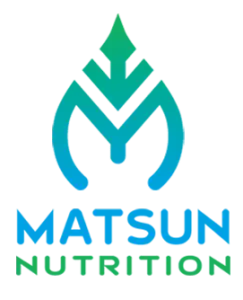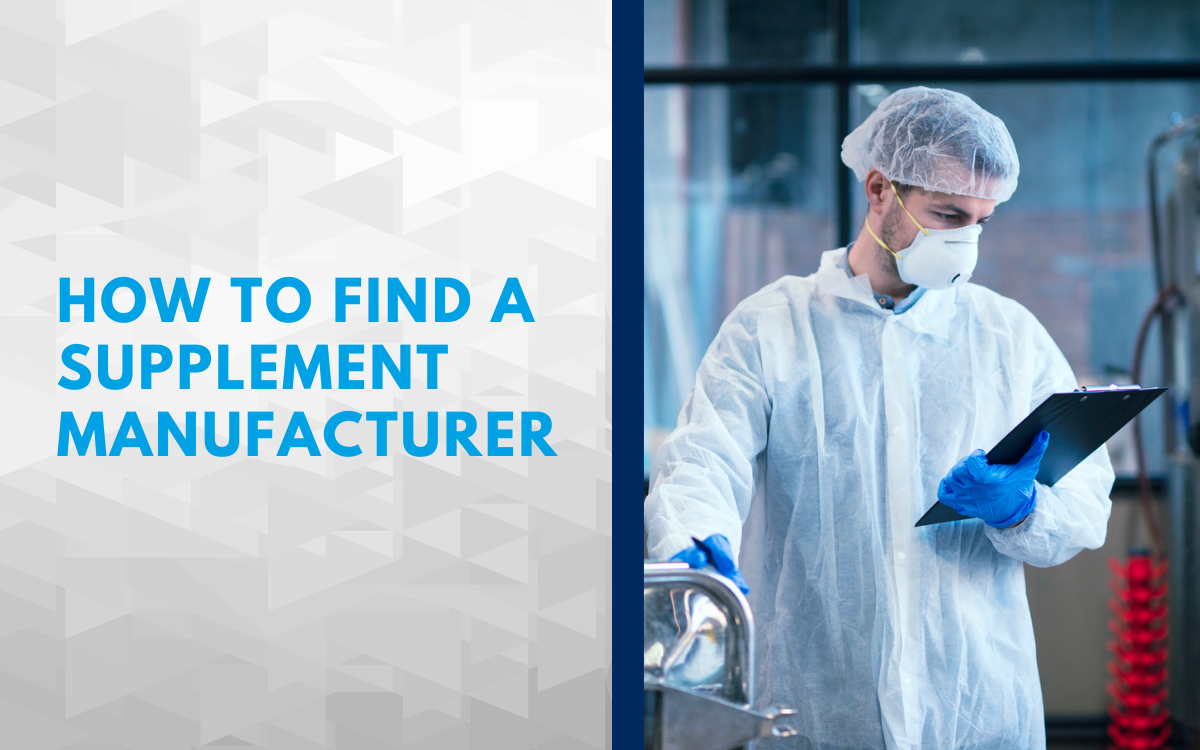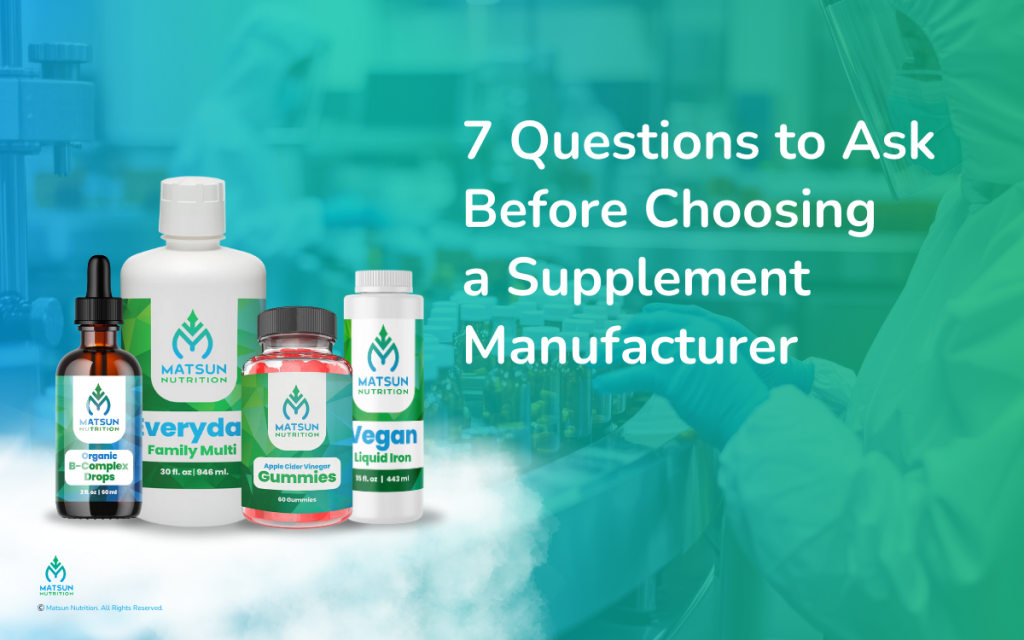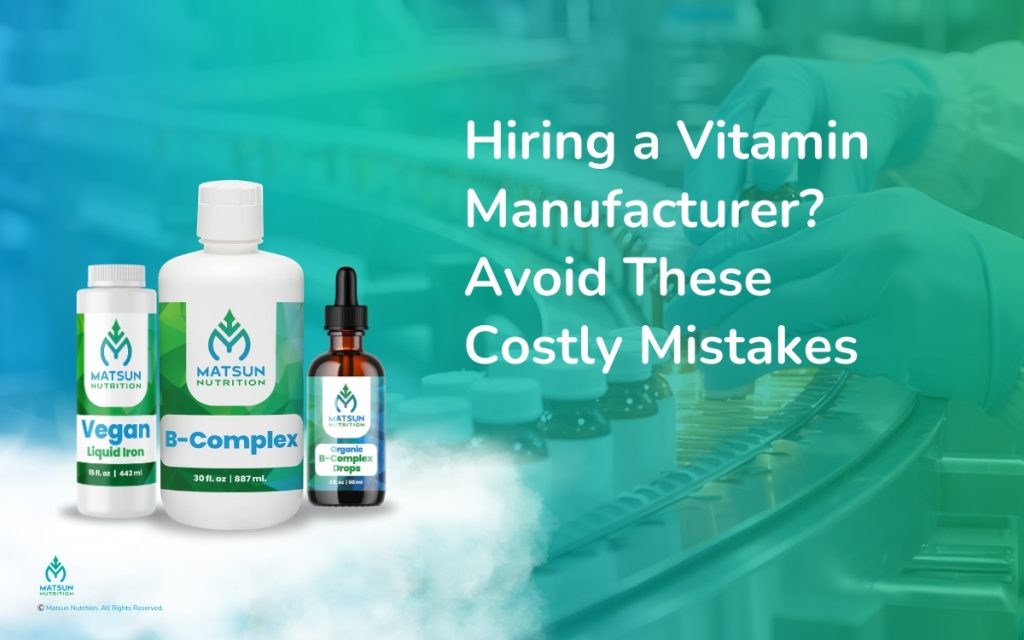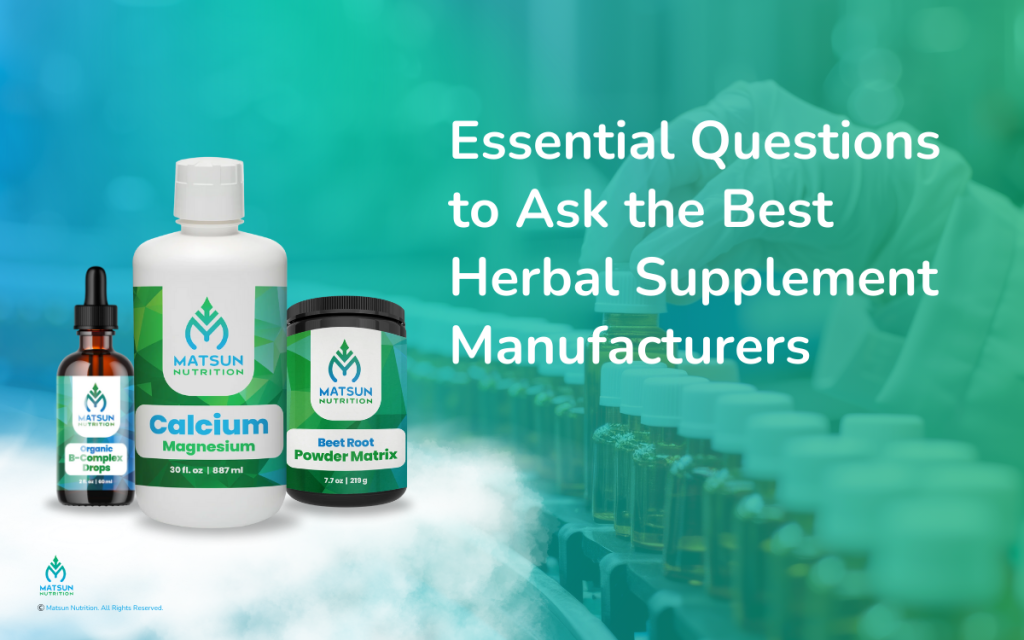In the booming health and wellness industry, the demand for dietary supplements has never been higher. If you have a passion for nutrition and a vision for a unique and high-quality supplement product, you are probably considering starting your own supplement brand. However, turning your dream into reality is not as easy as it seems. It requires careful planning and execution, and one of the crucial steps in this process is finding the right manufacturer. But what exactly distinguishes one from another as the industry’s top choice? In this comprehensive guide, we’ll walk you through the necessary steps to find a manufacturer for your supplement brand.
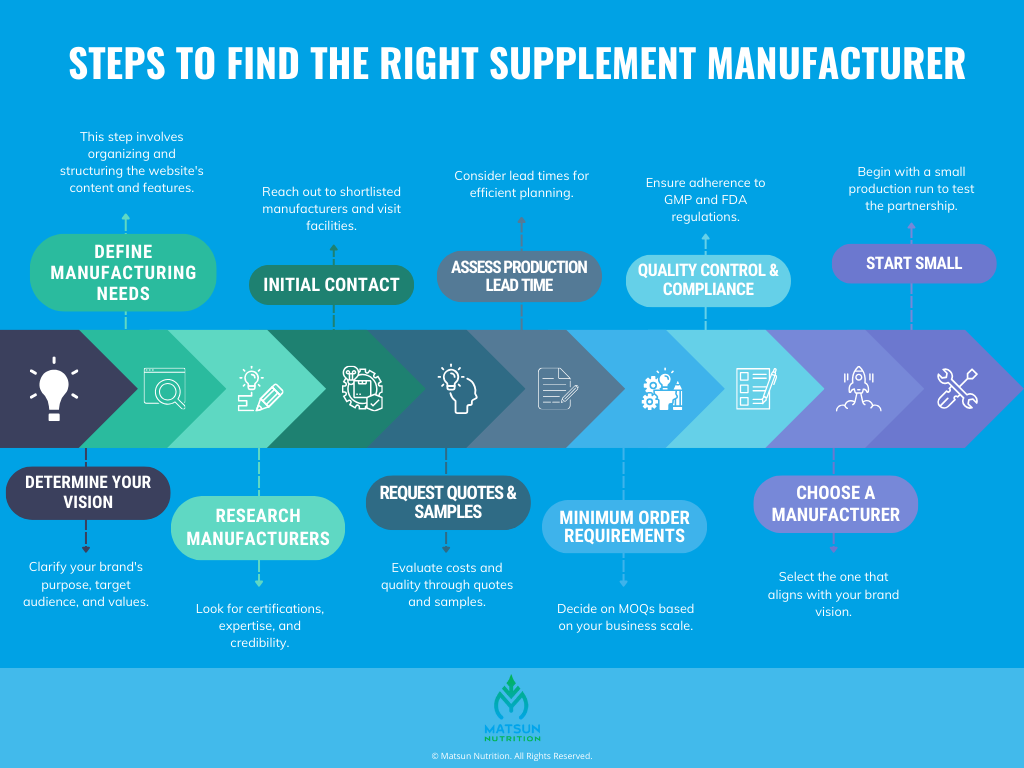
1. Determine Your Vision and Product Concept
Before you start your search for a manufacturer, it’s essential to have a clear vision of what your supplement brand will represent and the specific product you want to create. What is the purpose of your supplement? Who is your target audience? What are your brand values? How much are you willing to invest in product development and manufacturing? Having a well-defined vision and product concept will not only make it easier to find the right manufacturer but also help you in marketing and branding your supplements effectively.
2. Determine Your Manufacturing Requirements
Different supplement manufacturers specialize in various aspects of production, such as ingredient sourcing, formulation development, and packaging. This means that it’s crucial to determine your specific manufacturing needs before you start looking for a manufacturer. Will you provide your own ingredients, or do you need a manufacturer that can source high-quality raw materials? Do you already have a predefined formula, or do you need assistance creating one? What type of packaging do you require, and do you need custom labeling?
Understanding these requirements is essential because it narrows down your search for potential manufacturing partners and ensures that you can align with a manufacturer who can meet your unique demands.
3. Research and Shortlist Potential Manufacturers
Researching and shortlisting potential manufacturers is a foundational step in the process of establishing your supplement brand. It is of paramount importance because it sets the stage for building a strong and reliable manufacturing partnership. By conducting thorough research, which may include online searches, industry experience, reviews, recommendations, and assessing credentials, you can identify supplement manufacturers with the certifications, expertise, and history that align with your brand.
Researching ensures that you have a pool of qualified candidates to choose from and helps you make informed decisions based on their capabilities and reputations. It also helps you avoid working with manufacturers with a track record of poor quality or customer service.
4. Communication and Initial Contact
The next step is to contact the shortlisted manufacturers to express your interest and request information about their services. Engage in discussions regarding your product requirements, timeliness, and quality standards. This phase is of utmost importance as it marks the beginning of a potentially long-term collaboration. It allows you to gauge potential manufacturers’ responsiveness, willingness, and professionalism in addressing your specific needs and requirements.
Moreover, this initial contact lays the groundwork for a transparent working relationship, ensuring that the manufacturer you choose understands your brand’s goals and is committed to delivering products that meet your standards. Through open and clear communication, you can establish expectations and clarify any questions or concerns you may have about the manufacturing process.
Whenever possible, visit the manufacturing facilities of your top candidates. A physical inspection can help you assess their production capabilities, quality control processes, and overall commitment to product quality.
5. Request Quotes and Samples
Once you’ve communicated with potential manufacturers, it’s time to request their quotes and samples. Requesting quotes and samples allows you to assess the financial feasibility of your product and the quality of the manufacturer’s work. When you ask for quotes, you gain insight into the production costs, helping you budget accordingly. Additionally, samples allow you to physically evaluate the quality, consistency, and packaging of the supplements the manufacturer can offer. It’s a tangible representation of what your customers will receive. By carefully reviewing quotes and samples, you can ensure that the manufacturer aligns with your standards.
6. Production Lead Time
The next step is to assess production lead time with potential manufacturers. Production lead time holds immense importance because it directly impacts your business’s operational efficiency and ability to meet customer demand. Understanding the lead time provided by manufacturers will help you plan and schedule production runs and product launches effectively.
Moreover, by discussing lead times during the initial contact phase, you gain insight into the manufacturer’s ability to meet your production schedule. Ensuring that lead times are realistic and manageable is essential for a smooth and efficient manufacturing process, ultimately contributing to the success and reputation of your supplement brand.
7. Minimum Order Requirements
Minimum order requirements (MOQs) are a crucial aspect of your partnership with a manufacturer. Manufacturers with high MOQs may offer cost efficiencies at scale but can pose challenges for startups or small businesses, requiring significant upfront capital and risking excess inventory. On the other hand, manufacturers with low MOQs allow for more flexibility and lower initial investment, making them suitable for smaller operations.
8. Evaluate Quality Control Measures and Regulatory Compliance
Evaluating the quality control and regulatory compliance of potential manufacturers is a crucial step in finding the right partner for your supplement brand. Regulatory compliance, including adherence to Good Manufacturing Practices (GMP) and FDA regulations, is non-negotiable in the supplement industry. It assures that your products will pass through intricate inspections and meet legal requirements.
Additionally, discuss the manufacturer’s quality control procedures and testing protocols. You should have a clear understanding of how they ensure the consistency and safety of your products. By examining a manufacturer’s quality control protocols, testing procedures, and regulatory certifications, you can safeguard your brand’s reputation and the well-being of your consumers.
9. Choose a Manufacturer
After diligently following all the prior steps, it’s time to choose a manufacturer. This step signifies the culmination of your efforts to find a partner that aligns with your brand’s vision. Your chosen manufacturer will play a pivotal role in shaping the success and reputation of your supplement brand, making this decision the most critical in your business’s evolution—the decision can either make or break your entire business venture. Hence, the importance of this step cannot be overstated, and careful consideration is vital to ensure a strong foundation for your supplement brand. Choose a manufacturer that ticks most, if not all, of the boxes in your requirements.
When given a contract to sign, read it thoroughly and ask questions about any terms or conditions you don’t understand. Contracts often specify information like manufacturing schedules, costs, quality control procedures, and intellectual property rights. Once you sign the contract, you can start working with the manufacturer to produce your dietary supplement.
10. Start Small
Once you’ve chosen a manufacturer, consider starting with a small production run. A small production run allows you to test the waters, assess the efficiency of the production process, and address any unforeseen issues on a smaller scale. As the partnership builds confidence and trust, you can gradually scale up production to meet growing demand.
Conclusion
Starting your own supplement brand can be an exciting but challenging endeavor. However, finding the right manufacturer can ease your worries and help you turn your vision into a reality. Throughout this article, we’ve highlighted the essential steps required to find the ideal manufacturing partner for your supplement brand. With dedication and the right approach, you can navigate the complex world of supplement manufacturing and turn your brand into a thriving success.
Ready to launch your own line of bespoke supplements? We offer low minimum order quantities of just 12 bottles and free label designs for all private orders, making it easy for small businesses to start selling supplements. Get in touch with us today to get a free quote.
Frequently Asked Questions (FAQs)
Certainly, one reputable liquid supplement and vitamin manufacturer in the USA is Matsun Nutrition. Matsun Nutrition has a strong track record in private label supplement manufacturing and contract supplement manufacturing. They prioritize quality and compliance with vitamin manufacturing standards, such as EUROFINS registration, GMP, and FDA compliance. Additionally, they concentrate on sourcing the best natural ingredients and have representatives to help you create a nutraceutical product that fits your brand.
Yes, many contract supplement manufacturers can create custom formulas tailored to your brand’s requirements. Whether you want to develop a unique blend of ingredients or modify an existing formula, working with a manufacturer that offers formulation services allows you to create supplements that stand out in the market and cater to your target audience’s needs.
Private label supplement manufacturing allows businesses to quickly enter the market with their own branded products without the need for extensive product development. It also helps brands retain their identity and reputation by regularly producing high-standard products.
Good Manufacturing Practices (GMP) is a set of quality control standards and guidelines that ensure the safe production of dietary supplements. Compliance with GMP regulations guarantees product safety, quality, and efficacy.
The lead time for supplement production can vary depending on factors such as the complexity of the formula, the quantity of units ordered, and the manufacturer’s current workload. Generally, lead times can range anywhere from a few weeks to several months. Consider discussing lead times with your manufacturer and plan your product launch and marketing strategies to ensure a stress-free supply chain.
